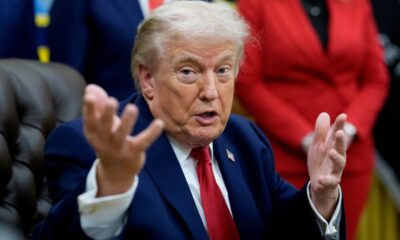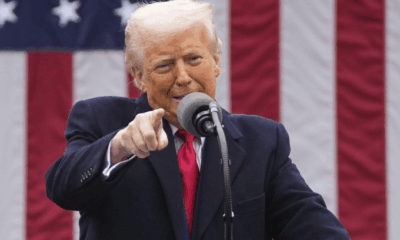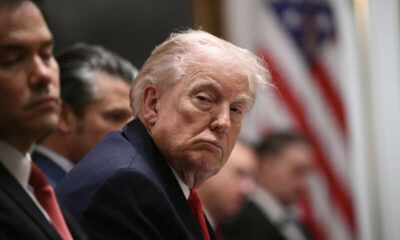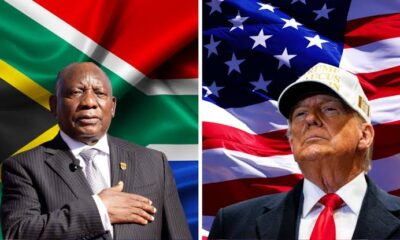Business
US Court Blocks Trump’s Tariffs, Declares Them Illegal in Major Trade Setback
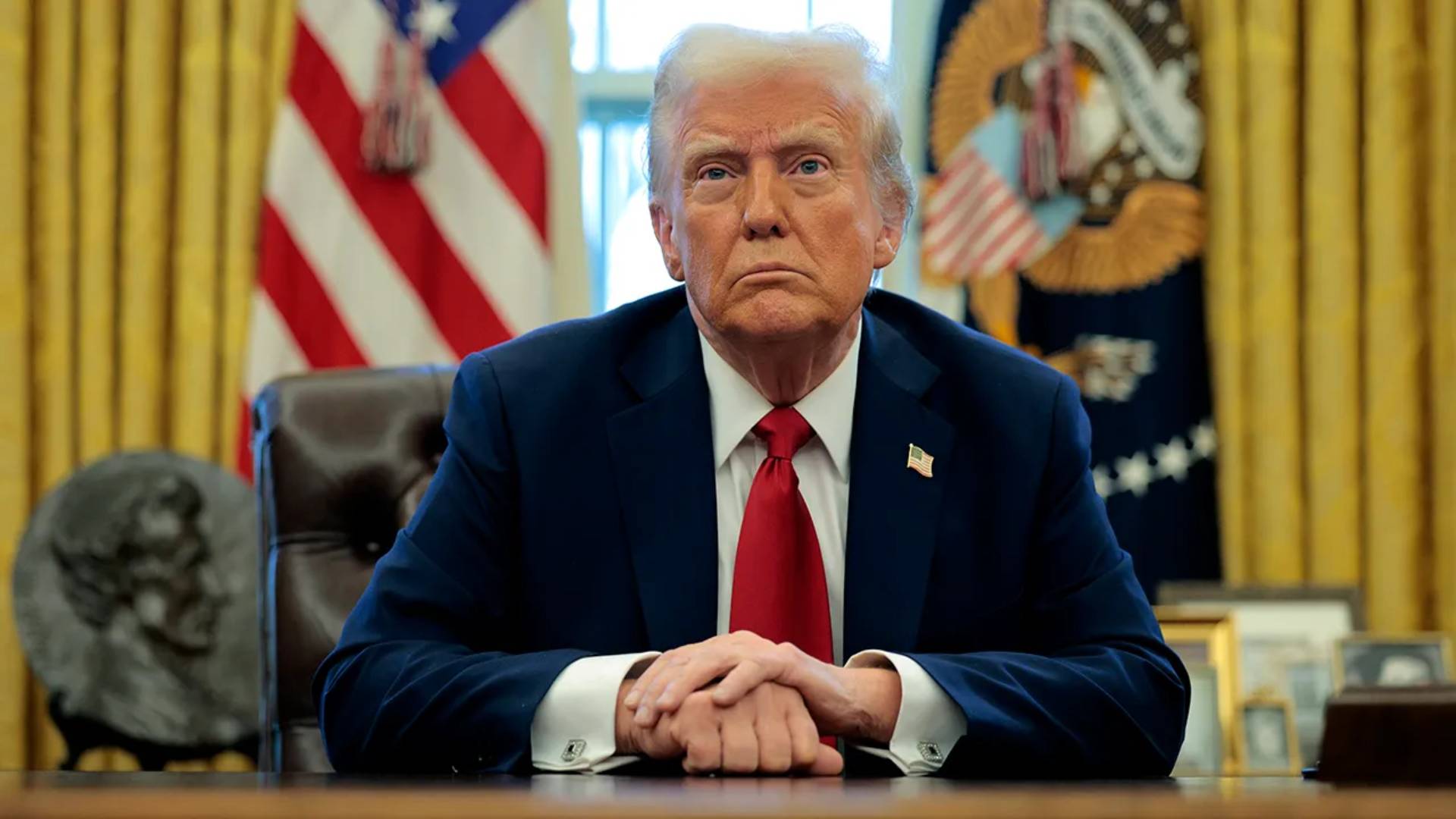
In a significant blow to former President Donald Trump’s trade policies, the US Court of International Trade has ruled that most of his global tariffs were illegal, effectively halting them unless reinstated through appeal.
The unanimous decision, handed down by a three-judge panel in Manhattan, sided with several Democratic-led states and small business groups. They argued that Trump overstepped his authority when he used emergency powers to justify sweeping tariffs targeting countries like China, Canada, and Mexico.
Why the Tariffs Were Struck Down
The judges found that Trump misused the International Emergency Economic Powers Act (IEEPA)—a law typically reserved for blocking financial transactions during national crises—to impose broad tariffs unrelated to any actual emergency. Trump had claimed the US’s large trade deficits and drug trafficking at the border amounted to a national threat, giving him license to impose tariffs without congressional approval.
However, the court disagreed. “There’s no credible emergency here,” said the panel, which included judges appointed by Presidents Trump, Obama, and Reagan. They concluded that the tariffs were more about economic pressure than addressing a genuine national crisis.
The ruling applies to Trump’s global flat tariffs and those linked to issues like fentanyl trafficking. It doesn’t impact tariffs imposed under different trade laws, such as Section 232 and Section 301, which cover steel, aluminum, and auto imports.
Economic and Political Fallout
Markets reacted swiftly. The Nasdaq 100 Index surged by more than 2% following the ruling, while currency markets saw the dollar strengthen against the yen.
The decision also adds to a growing list of legal challenges Trump has faced over the use of executive power. These include lawsuits over federal worker firings, changes to citizenship rules, and attempts to cut federal spending.
White House spokesperson Kush Desai criticized the ruling, saying that unelected judges shouldn’t interfere with national security decisions. “The trade deficits have hurt American workers and weakened our economic base—real emergencies the court ignored,” Desai said.
Still, New York Attorney General Letitia James welcomed the decision, calling the tariffs “a massive tax hike” that threatened working families and small businesses.
Although the Justice Department has filed a notice of appeal, the future of Trump’s tariffs is now in limbo. The appeals process could eventually reach the US Supreme Court, but unless overturned, the ruling permanently blocks the tariffs.
This case also raises broader questions about the limits of presidential power in trade matters. The court’s decision sets a precedent that could curb future efforts to bypass Congress under the guise of emergency powers.
For now, businesses and consumers can expect some relief from the economic strain these tariffs imposed. Whether this decision reshapes American trade policy long-term, however, depends on what happens next in the courts.
{Source: BusinessTech}
Follow Joburg ETC on Facebook, Twitter , TikTok and Instagram
For more News in Johannesburg, visit joburgetc.com

